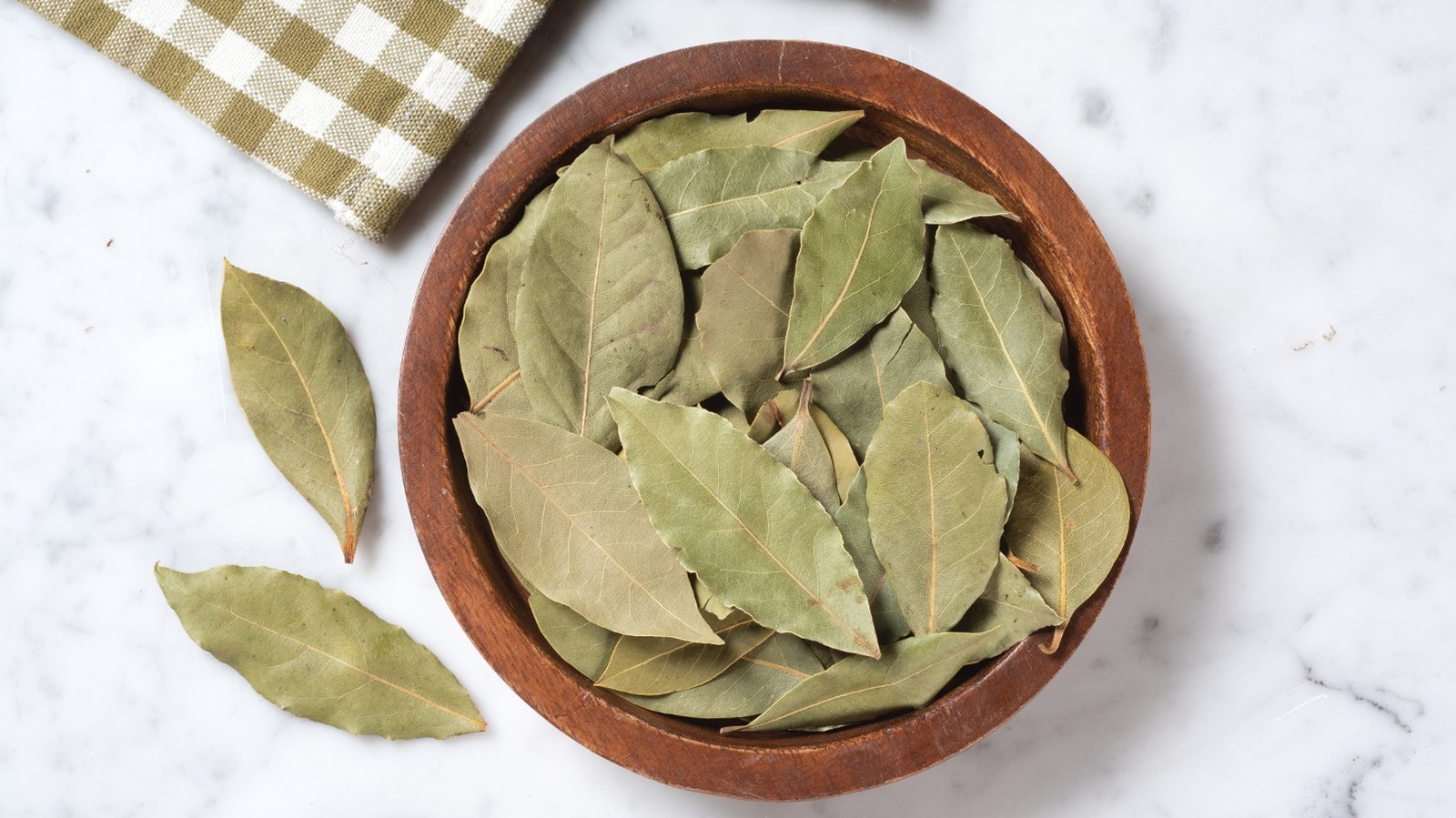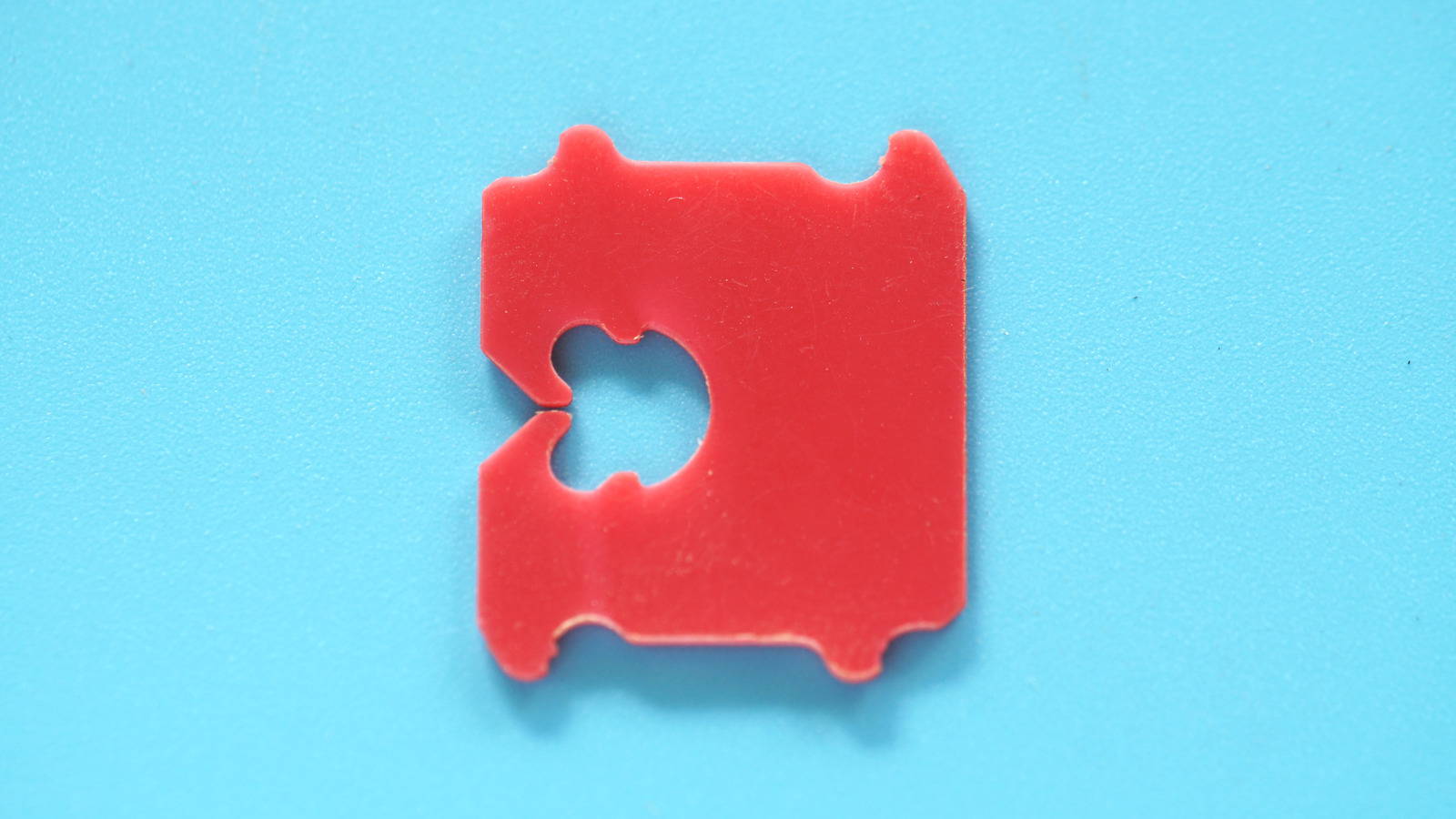
Quick question: What do bay leaves taste like? You know what salt and pepper taste like, of course. You've had enough lamb chops and roasted potatoes to know the taste of rosemary and thyme, too. (You can even as they're so easy to care for).
But what about bay leaves, those unassuming green leaves recipes are always telling you to add or sauces? Can you remember what they taste like off the top of your head? Are they bright? Minty? Funky? What do they add to your dish — and is there any point in using them at all? Believe it or not, it's a matter of some contention in the culinary world, with some who insist bay leaves are useless and others who believe they're essential. Bay leaves are, essentially, leaves taken from a laurel tree and sold as an herb. If you were to put a fresh bay leaf in your mouth and taste it, it would taste just like a regular leaf — and to some cooks, that's all they really are.

To them, a pot of soup with a bay leaf added will taste identical to the same pot of soup without a bay leaf. To others, however, they add a delicious (if subtle) complexity which elevates many dishes — and if you're pro-bay leaves, you'll appreciate this delicate herbal depth. Bay leaves deepen flavor (allegedly) It's true that bay leaves aren't going to knock anybody's socks off with sheer potency — there are no laurel trees within the city limits of Flavortown.
But they serve a purpose, no matter how hard it might be to tell they're there. They are a classic supporting player, deepening the flavor of the other ingredients without drawing any attention to themselves. The low-and-slow simmer of a soup, stew, or stock is the ideal setting for a bay leaf, drawing out everything it has and putting it into the dish.
Or so some say, anyway. As is often the case, how they're stored makes a huge difference when it comes to . Those who use fresh bay leaves — that is, within a week of buying them at the store — will likely get a lot more out of them than those who dry them out and keep them in their pantry for years on end.
(And if you buy the already-dried ones from the spice aisle? Forget about it!) If you're still doubtful about what bay leaves have to offer, then leaving them out won't hurt your dish in any real way, but there's certainly no harm in adding them — and it may just change your mind. Recommended.















